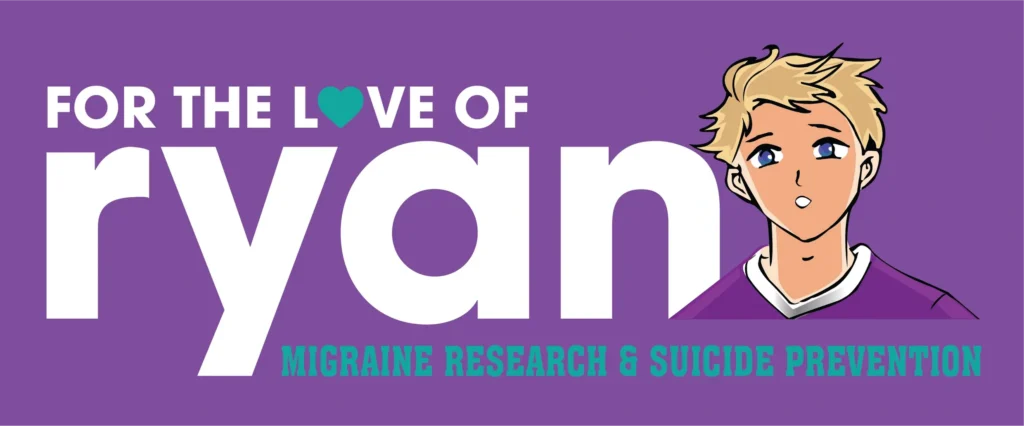In the realm of mental health, the strength of one’s support system often plays a pivotal role in navigating the complexities of mental illnesses and the journey towards healing and resilience. A robust support system can act as a lifeline, offering emotional sustenance, practical assistance, and the unconditional acceptance needed to face mental health challenges head-on. This article delves into the critical importance of support systems in managing mental health, outlining how individuals can cultivate and leverage these networks for improved well-being.
Understanding Support Systems
A support system encompasses the network of family, friends, healthcare professionals, and community resources that provide emotional, informational, and practical help. Beyond just offering a listening ear, support systems facilitate access to care, advocate for the individual’s needs, and provide a sense of belonging and acceptance. In the context of mental health, such networks are invaluable, offering a buffer against the isolation often imposed by mental illness.
The Multifaceted Benefits of Support Systems
- Emotional Support: Encouragement and understanding from loved ones can significantly alleviate the feelings of loneliness, despair, and anxiety that often accompany mental health issues.
- Informational Support: Access to accurate information about mental health conditions, treatment options, and coping strategies can empower individuals to make informed decisions about their care.
- Practical Assistance: Help with day-to-day tasks, accompanying someone to appointments, or financial support can lessen the burden of mental health challenges, allowing individuals to focus on recovery.
Building and Maintaining a Support System
Creating a strong support system involves both reaching out to existing connections and forging new ones. Joining support groups, either in-person or online, can connect individuals with peers facing similar struggles, providing a unique source of understanding and camaraderie. Engaging with mental health professionals and advocacy organizations can also expand one’s network, offering specialized support and resources.
Leveraging Support Systems for Mental Health Management
Effective utilization of a support system requires open communication about one’s needs and boundaries. It involves educating loved ones about mental health, advocating for oneself, and accepting help when offered. Regularly participating in support group meetings, therapy sessions, and community events can reinforce the sense of community and belonging essential for mental health recovery.
The Impact of Support Systems on Recovery
Evidence suggests that individuals with strong support systems have better mental health outcomes, including reduced symptoms of depression and anxiety, higher levels of self-esteem, and improved quality of life. Support networks can also enhance the efficacy of treatment by encouraging adherence to therapeutic regimens and fostering a positive outlook towards recovery.
Weaving the Fabric of Support
The fabric of support that weaves through the heart of For the Love of Ryan is a testament to the power of community in mental health advocacy. As we foster connections, share resources, and offer support, we embody the essence of true compassion and understanding. Your participation strengthens our mission, enabling us to offer a beacon of hope to those in the shadows of mental health challenges. Let us continue to weave this fabric of support, for together, we can transform lives.









